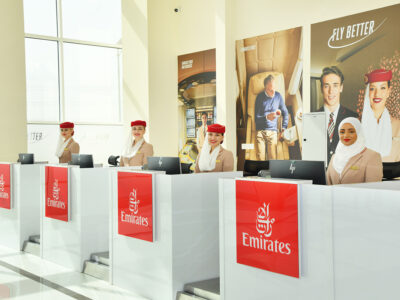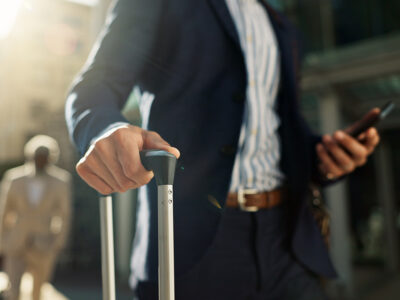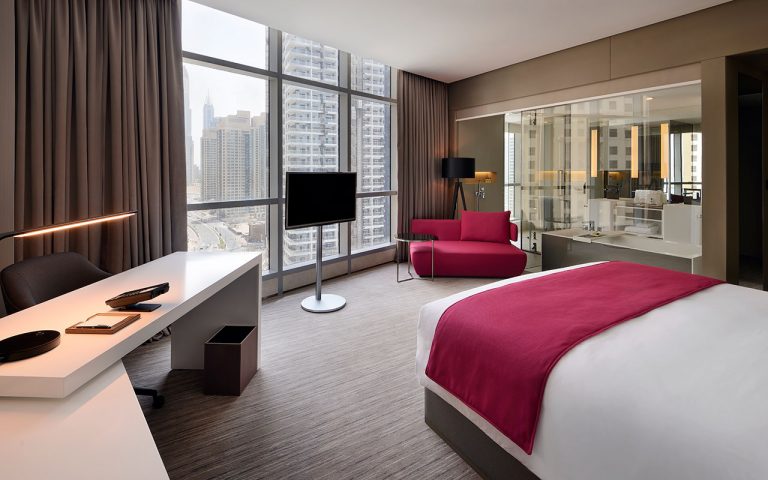Half of hotel owners and operators in Dubai expect occupancy levels to rise above 60 percent this year, while three-quarters expect numbers to return to pre-Covid levels by 2023, according to the latest report from consultants KPMG.
Despite ongoing outbound travel restrictions among many of the UAE’s main source markets, which currently includes India, the UK and South Africa, among others, KPMG’s ‘Suite success: Dubai hospitality survey 2021’ fuels hopes of a continued recovery for the emirate’s hospitality sector.
And 75 percent of owners and operators surveyed said they believed the vaccine will play a significant part in boosting occupancy rates – the UAE currently has one of the most efficient vaccination programmes in the world, with almost 13 million doses administered across the country to date.
Sidharth Mehta, partner, head of real estate, KPMG Lower Gulf, said: “Though short- to medium-term challenges remain, Dubai’s successful management of the pandemic and the efforts put in by individual players have helped recovery.”
In spite of the economic crisis caused by the global coronavirus pandemic, the UAE recorded the second-highest occupancy rates globally (54 percent), behind China, in 2020. Dubai’s occupancy rates steadily improved since April 2020, touching a 12-month high of 69 percent last December, although dipping to 59.4 percent this April.
While international arrivals plummeted, the number of room nights sold to domestic tourists increased by 107 percent, surging from 2.74 million in 2019 to 5.68 million in 2020.
“Dubai’s popularity as a staycation destination has been key in supporting the emirate’s hospitality sector,” said Mehta.
 Sidharth Mehta, partner, head of real estate, KPMG Lower Gulf
Sidharth Mehta, partner, head of real estate, KPMG Lower Gulf
Revenue per available room (RevPAR) in the emirate grew by more than 550 percent during 2020. After hitting a low of $17.2 (AED63.18) at the start of the pandemic, RevPAR reached a peak of $114.7 (AED421.32) in December 2020, coinciding with what turned out to be a strong holiday period. As of April 2021, RevPAR stood at $92.9 (AED341.22).
The Dubai Assured stamp, launched in June 2020 with the goal of assuring visitors that hotels, restaurants, retail outlets and attractions are in line with international health and safety standards and protocols, also served to build guest confidence. More than three-quarters (77 percent) of those planning to stay in a Dubai hotel said they would consider whether a property received the Dubai Assured stamp, certifying its sanitisation protocols.
Mehta said: “New developments, such as Ain Dubai and the Museum of the Future, successful mass immunisation, and safety protocols followed by properties will increase Dubai’s appeal as a safe destination.”
Sixty-seven percent of owners and operators expect the meetings, incentives, conferences and exhibitions (MICE) segment to be at significant risk. However, as many as nine in 10 (92 percent) travelers to Dubai saw the emirate as the safest place in the world to conduct business meetings during the pandemic.





